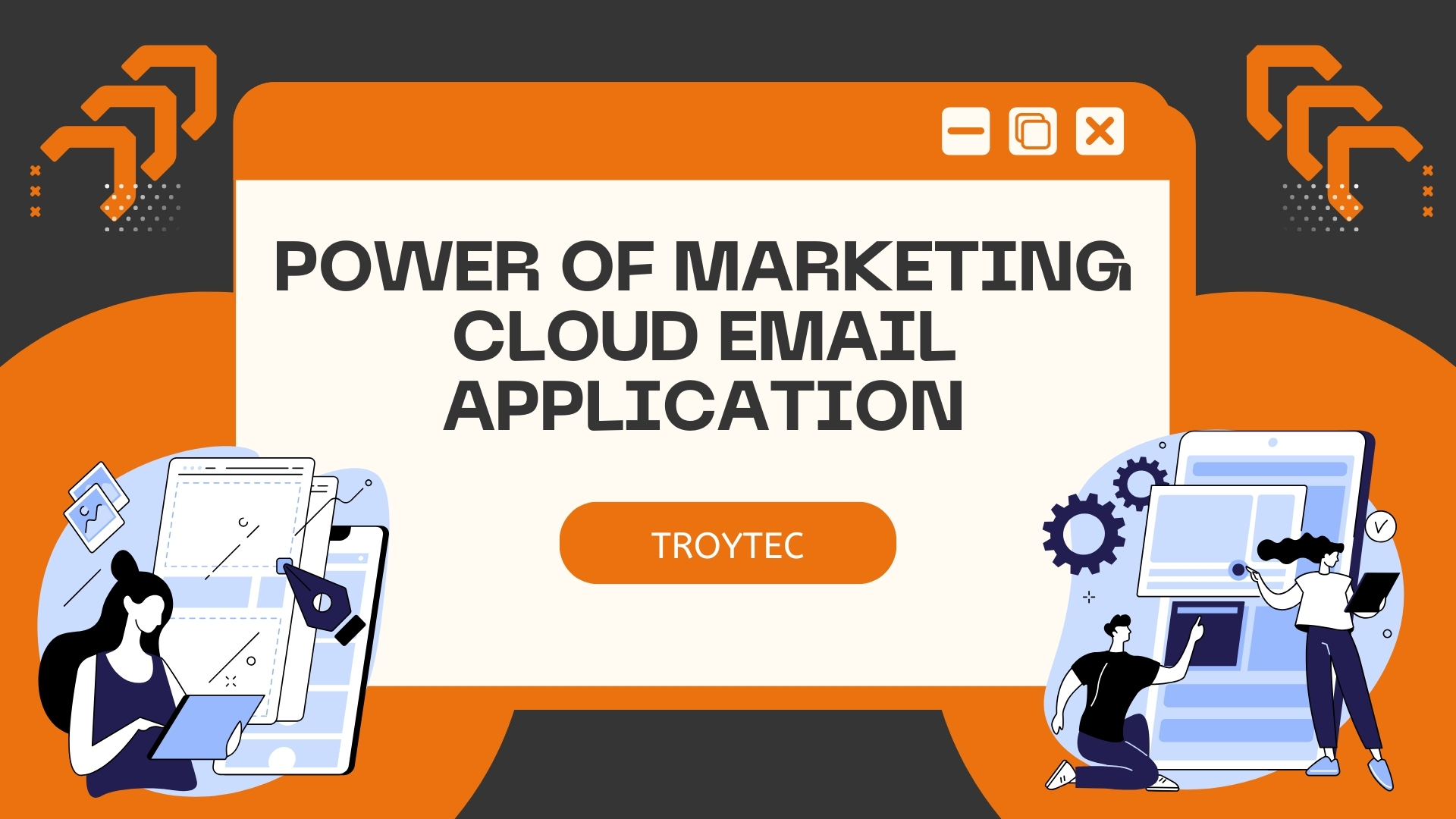Unleashing the Power of Marketing Cloud Email Application
In the fast-paced digital world, where communication is key, Marketing Cloud Email Application stands out as a quintessential tool for businesses aiming to streamline their email automation processes. With its robust features and comprehensive scope, this application has become indispensable for organizations seeking to engage with their audience effectively. Let's delve deeper into the realm of email automation and explore the reliability of Marketing Cloud Email Application in today's digital landscape.
Understanding the Scope of Email Automation
Email automation revolutionizes the way businesses communicate with their audience by allowing them to send personalized, targeted messages at scale. From welcome emails to abandoned cart reminders, email automation encompasses a wide array of functionalities aimed at nurturing leads, driving conversions, and fostering customer loyalty. By automating repetitive tasks and delivering relevant content based on user behavior, businesses can significantly enhance their email marketing efforts.
Exploring the Features of Marketing Cloud Email Application
Marketing Cloud Email Application offers a plethora of features designed to empower businesses in their email automation endeavors. Let's explore some of its key functionalities:
1. Personalization Capabilities
Marketing Cloud Email Application enables businesses to craft highly personalized email campaigns tailored to individual preferences and behaviors. By leveraging customer data and segmentation tools, organizations can deliver targeted messages that resonate with their audience, leading to higher engagement and conversion rates.
2. Automation Workflows
With Marketing Cloud Email Application, businesses can create intricate automation workflows that automate the entire email marketing process. From trigger-based emails to drip campaigns, this application allows for seamless automation, ensuring that the right message reaches the right person at the right time.
3. Advanced Analytics
Marketing Cloud Email Application provides in-depth analytics and reporting capabilities, allowing businesses to track the performance of their email campaigns with precision. From open rates to click-through rates, organizations can gain valuable insights into their audience's behavior and optimize their email marketing strategies accordingly.
4. Integration Possibilities
One of the standout features of Marketing Cloud Email Application is its seamless integration with other marketing and CRM platforms. Whether it's syncing customer data or integrating with third-party tools, this application offers unparalleled flexibility, enabling businesses to create a cohesive marketing ecosystem.
Is Marketing Cloud Email Application Reliable for the Digital World?
In a landscape where email marketing plays a pivotal role in customer engagement and retention, the reliability of Marketing Cloud Email Application cannot be overstated. With its robust features, advanced capabilities, and proven track record, this application has earned its place as a trusted email automation solution for businesses of all sizes.
From enhancing personalization to streamlining automation workflows, Marketing Cloud Email Application empowers businesses to stay ahead of the curve and deliver exceptional email experiences to their audience. Its integration possibilities further solidify its position as a cornerstone of modern marketing strategies.
In conclusion, for businesses looking to elevate their email marketing efforts and stay competitive in the digital landscape, Marketing Cloud Email Application emerges as a reliable and indispensable solution. With its comprehensive scope, advanced features, and unwavering reliability, this application paves the way for success in today's digital world.
.jpg)
.jpg)
.jpg)

Comments
Post a Comment